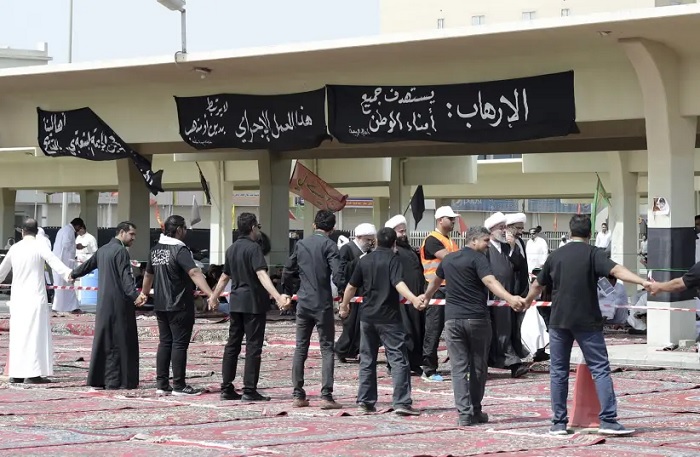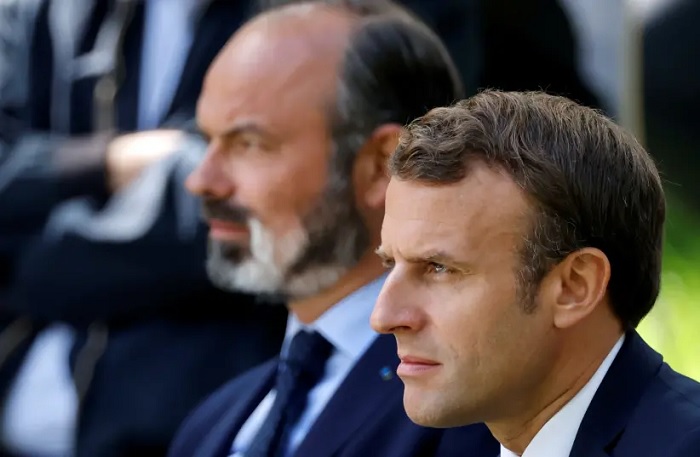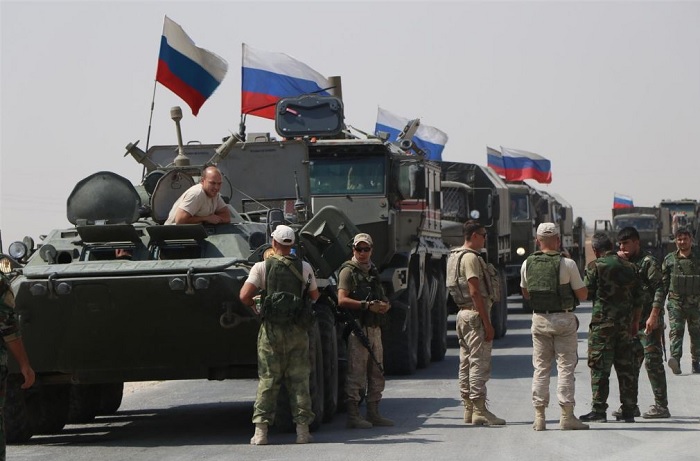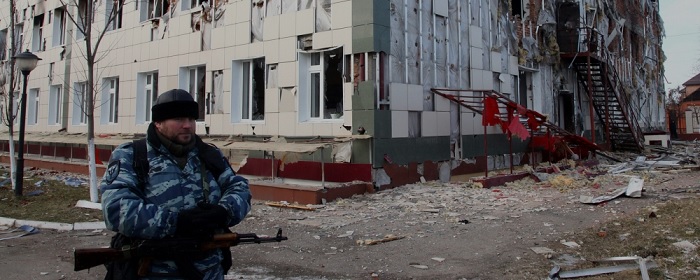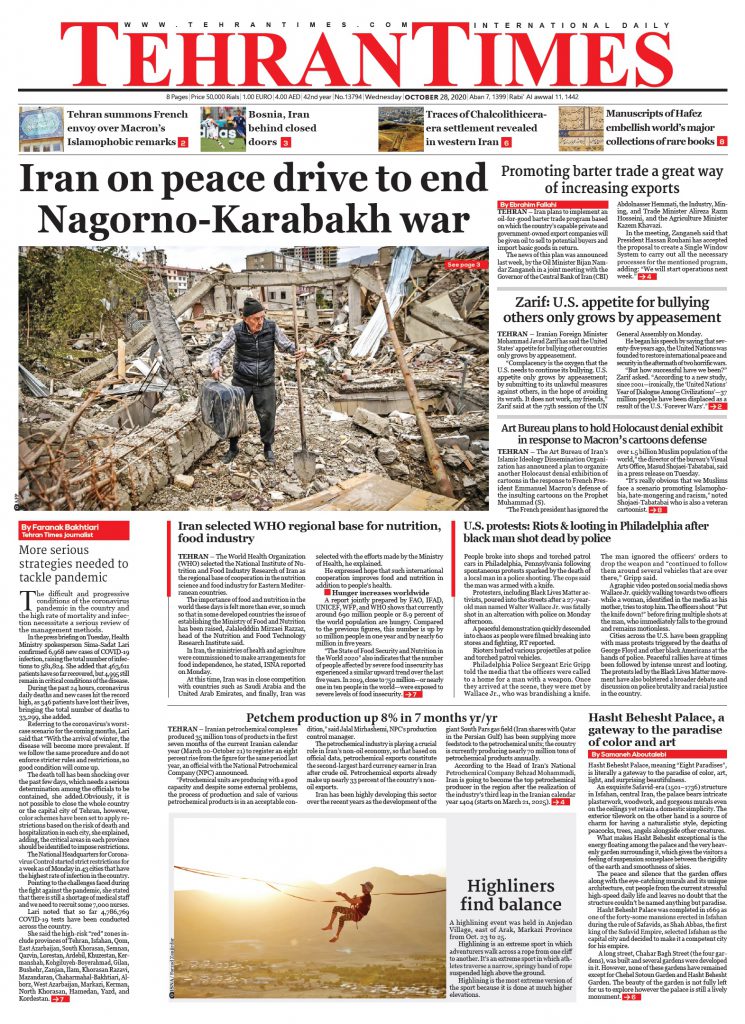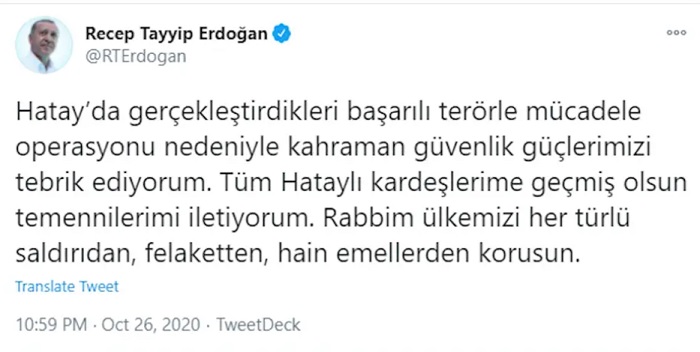Erdogan distracts from plummeting lira with call to boycott France
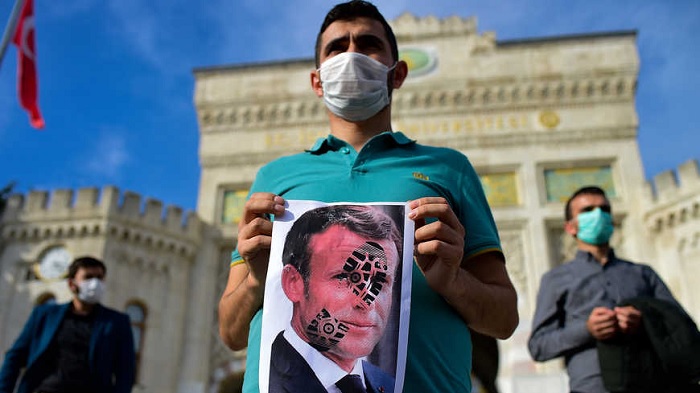
Turkish President Recep Tayyip Erdogan accused France’s Emmanuel Macron of pandering to anti-Muslim “fascists” in a desperate bid to bolster his electoral fortunes ahead of presidential elections in 2022, yet many would agree that Erdogan’s anti-Western tirades are designed to divert attention from his country’s mounting economic woes.

